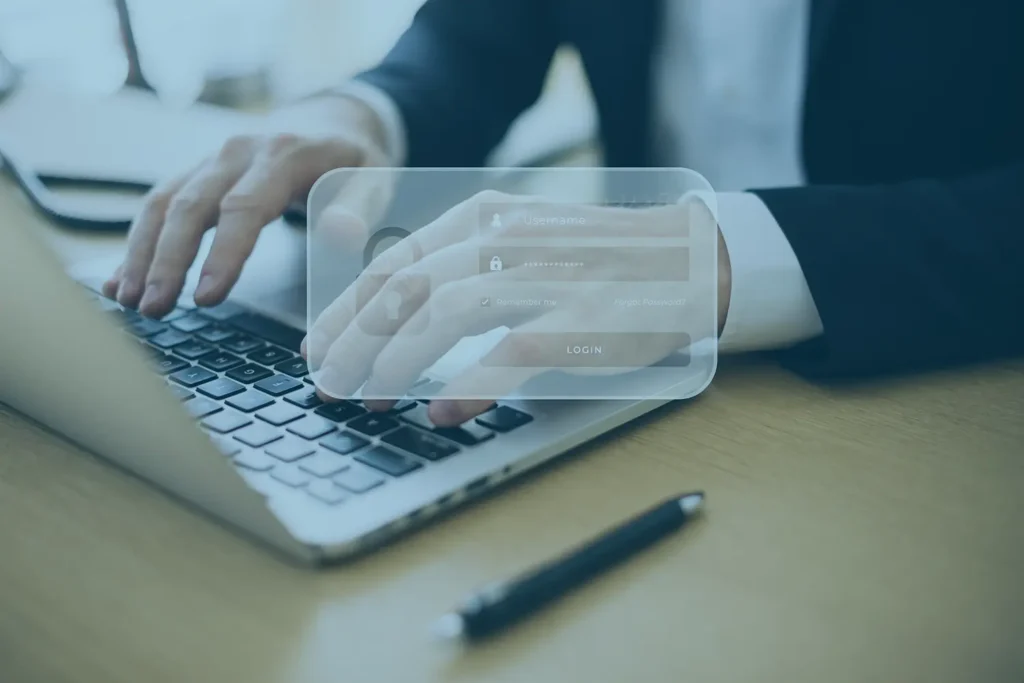In an era where cyber threats are ever-present, organizations must prioritize security measures to protect sensitive data and prevent unauthorized access. One vital defense mechanism gaining widespread recognition is multi-factor authentication (MFA).
With the rise of phishing attacks and password breaches, relying solely on passwords puts organizations at significant risk. Passwords alone are no longer sufficient to safeguard digital accounts and systems. Cybercriminals use various tactics to crack passwords, making MFA an essential security measure. MFA combines two or more authentication factors, typically including the user’s password, mobile device, and biometrics.

This ensures that even if an attacker gains access to a password, they would still need the additional authentication factors to breach an account or system, thereby reducing the likelihood of unauthorized access.
In an increasingly remote work environment, MFA is particularly crucial. Remote access presents additional challenges as employees connect from various locations and devices. Implementing MFA ensures that even if an attacker gains access to an employee’s login credentials, they still require the second authentication factor, making it significantly more challenging to compromise remote access.
Contrary to popular belief, implementing MFA does not have to be burdensome for users. With advancements in technology, MFA solutions now offer seamless and user-friendly experiences. Methods such as push notifications, biometric authentication, or one-time passwords via mobile apps make the authentication process quick and convenient while maintaining a high level of security.
Implementing multi-factor authentication is crucial to bolster security and prevent illicit connections to sensitive systems and data. Organizations can significantly reduce the risk of successful cyber intrusions by incorporating additional authentication factors.
MFA provides a powerful defense mechanism, ensuring that even if passwords are compromised, attackers face formidable obstacles when attempting to breach accounts or systems. Prioritizing MFA is essential for organizations to fortify their security posture and safeguard their digital assets.
